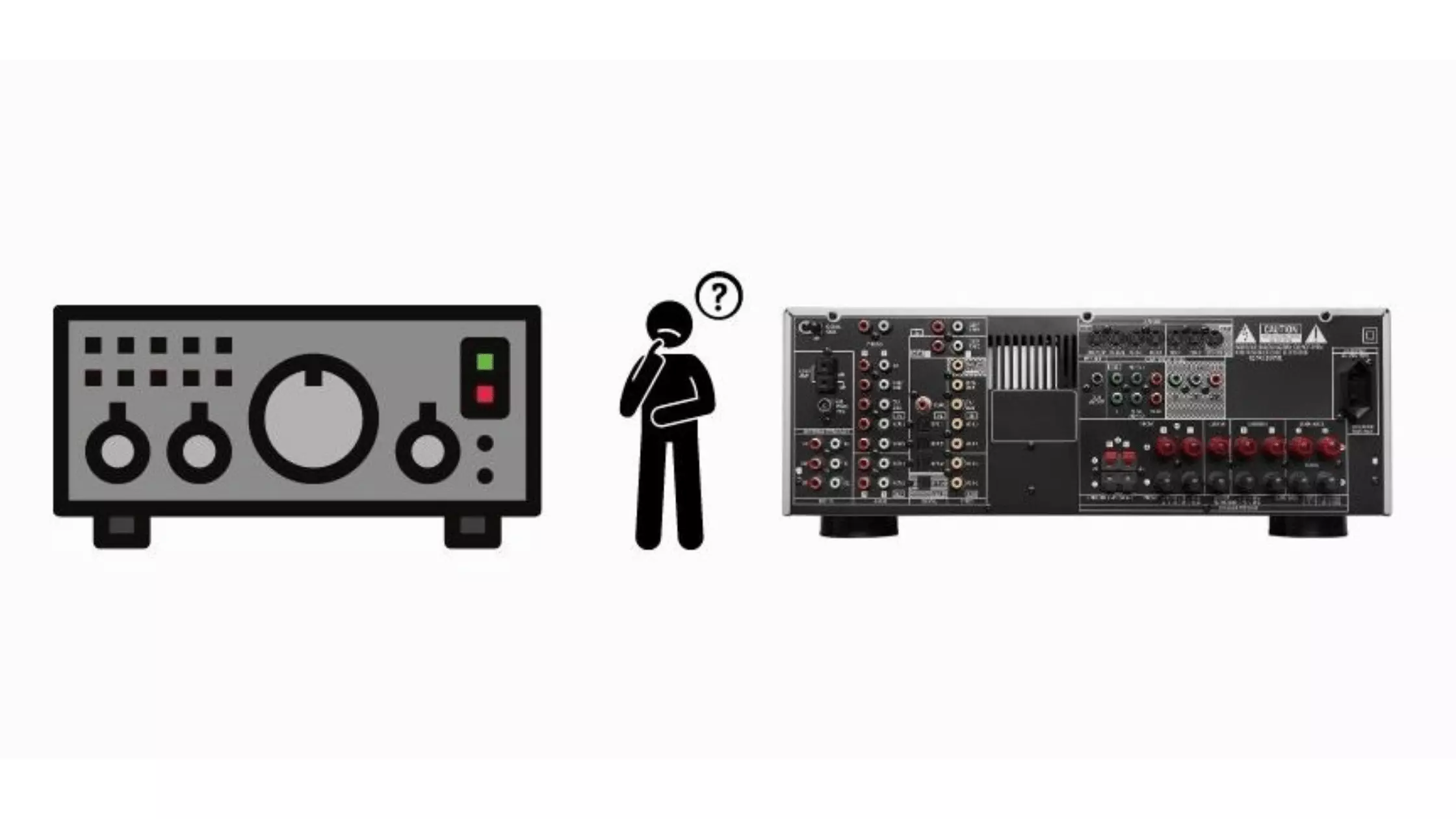Have you ever heard your speaker muffling your voice? If you answered yes, this article is for you.
why Do my phone speakers sound muffled? If so, you’re not alone. Most people struggle with this issue.
In this article, I’ll go over some of the reasons why your phone speakers are sounding muffled and provide you with solutions to this problem.
So what are you waiting for? Let’s begin the discussion.
Reasons Why Phone Speakers Sound Muffled:
There are a few reasons why your speakerphone may be producing muffled audio or why it isn’t producing sound at all. In some cases, it may even be both!
When it comes to speakerphones, they’re not as reliable as they used to be. It’s no wonder that in 2013 most smartphones came with integrated front-facing speakers. However, that doesn’t mean that there’s nothing we can do about these little niggles, and hopefully, this guide will help you work out what’s going wrong with your speakers.
Air Bubbles:
One common issue with speakerphones is that the microphone and speakers aren’t perfectly balanced and there’s air trapped between the two of them. This could either be in the form of a bubble of air in the microphone’s housing, or it could be a thin layer of air that’s trapped in the gap between the phone and the wall.
Earpiece Volume:
The second common problem is that the volume level of your speakerphone’s earpiece is too low. Even if your speakers are working correctly, you may want to adjust them if the volume of your earpiece isn’t loud enough. You may also have other apps running on your phone which are playing audio, but they’re muted to reduce background noise, so they’re not affecting your speakerphone.
Not Getting A Good Signal:
If you’re using a wireless speakerphone (like a BT speakerphone), then there’s a chance that your wireless connection is either weak or there’s interference somewhere. If you get intermittent signal loss, try moving further away from your phone’s WiFi or Bluetooth transmitter and try again. You can also increase the power of your transmitter, which can improve the range and the quality of your signal.
Bad Cable:
Most standard speakerphone cables should be made of soft PVC plastic. The reason why most speakerphone cables are made of this material is that it doesn’t have sharp edges which could cut into your earpiece.
Phone Case:
A final common problem with speakerphones is that the case may be too bulky for your phone. If your phone is too big, then you may find that your phone’s speakerphone is muffled. A few small improvements could help to solve this problem. A smaller, less bulky case and a thinner speakerphone cable can help to make your speakerphone sound a bit louder.
Tips To Avoid Getting Muffled Speakers:
Following are the best tips that you should follow to avoid getting muffled speakers.
Clean Your Speakers Regularly:
The best way to get your speakers to work properly is to clean them regularly.
Your first step should be to thoroughly clean your speakers. Remove dust from around the speaker cones. Make sure your cables are firmly connected. Replace all your batteries.
You can also make sure the grill of your speaker is in good shape. If there’s a large hole in the grill that exposes the metal of the cone, you’re going to hear a lot of static. You want the grill to be as smooth as possible.
If your speakers seem to be getting muffled, the reason may be that the grills on the sides of your speakers are dirty or worn out. Try cleaning the grills with a damp cloth and alcohol.
Listen to Your Speakers:
Before you start to clean or repair your speakers, you should listen to your speakers to see if you hear any sounds that sound muffled.
The most important thing when you clean your speakers is to make sure the noise goes away. Make sure it goes away for at least 30 minutes before you try to listen again.
Make Sure You Have a Good Sound System:
To make sure you get the best performance out of your speakers, you need to make sure you have a good sound system.
Wrapping It All Up:
There are a few different reasons why speakers sound muffled and/or flat. You should be able to identify your speaker’s problem by listening to it with your head placed over it, or by holding the speaker next to your ear.
Once you identify the problem, you can use the tips that we have mentioned above to resolve the issue.





